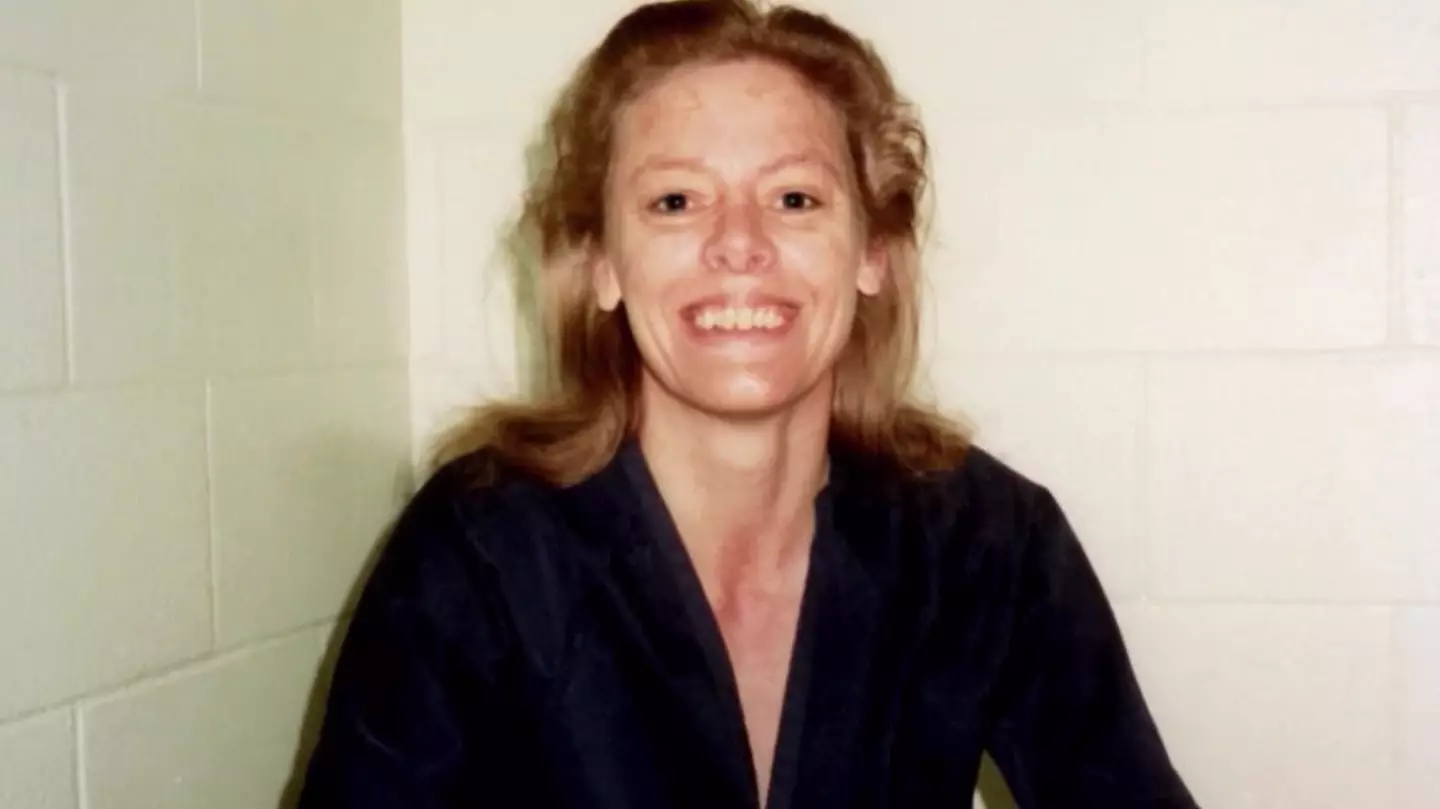
For countless years, Florida horse breeder Arlene Pralle and her husband Robert had longed for a child of their own.
Unfortunately for the couple, however, natural conception proved to be something of an impossibility.
In 1991, however, a religious epiphany suddenly befell Arlene, and she became inspired to adopt a desperate soul, after learning of their unique situation in her local Ocala newspaper.
Arlene's journey to motherhood was far from traditional, though - and in fact, she and Robert have been subjected to global backlash over their decision for the last three decades.
Advert
But why? Well, the individual that the Pralles had legally welcomed into their family was actually a 35-year-old woman who'd earned herself the nickname, the 'Damsel of Death'.
Queen of the Serial Killers
We are, of course, talking about Aileen Wuornos - a lesbian prostitute who, by her own admission, lured away and brutally murdered seven men across Florida between the years 1989 and 1990.
In true crime terms, Wuornos' crimes are often considered the stuff of legend, having earned her a reputation as one of the world's most deadly female killers, despite the perpetrator hardly fitting the traditional 'bill' of a multiple-murderer.
As part of a brand new documentary released today (30 October), with the help of those who knew her best - including adoptive mother Arlene - Netflix producers have been re-examining Wuornos' unconventional and often-harrowing life, which ultimately ended on death row.
Using another of her infamous nicknames as the title, the Queen of the Serial Killers combines archival footage, conversations onlookers had at the time with former Dateline correspondent Michele Gillen, and powerful first-person interviews.
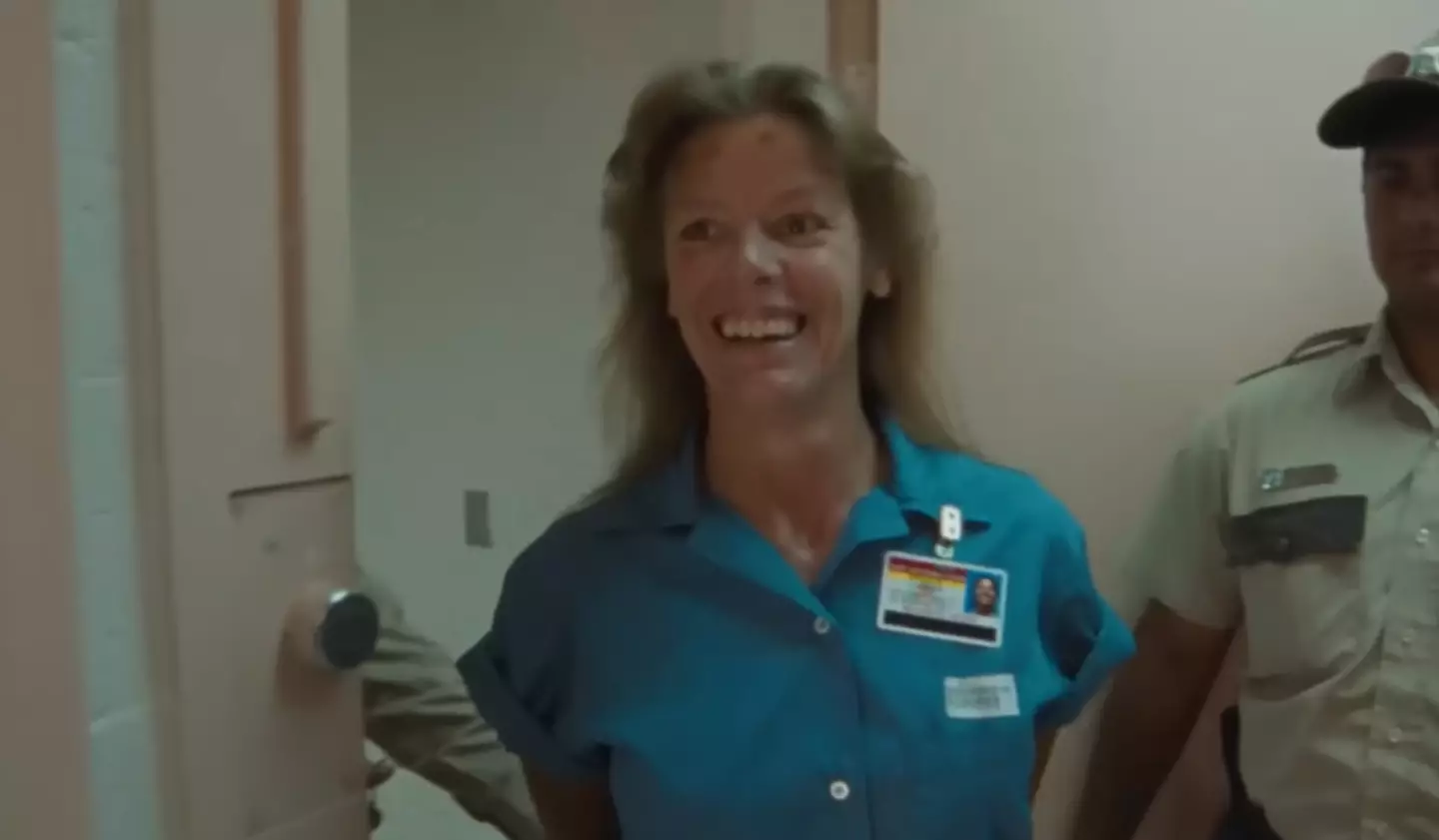
One of the latter sees Arlene open up on her decision to adopt the female killer for the very first time, telling audiences: "I saw her picture in the newspaper and I get butterflies."
What did Wuornos do?
Wuornos' name was first splashed across international headlines in 1991, after multi-state police linked her to a series of fatal shootings, with seven male victims having been found in areas with high-prostitution.
In the years prior, the former Michigan teen had endured abandonment, drug and alcohol abuse and sexual assault - horror which spurred Wuornos to turn to sex work to support herself.
"There were used rubbers and a blonde hair found at the crime scene," former police chief Steve Binegar explains in the documentary. "It’s like, ‘Wait a minute, it’s a woman out here doing this?'."
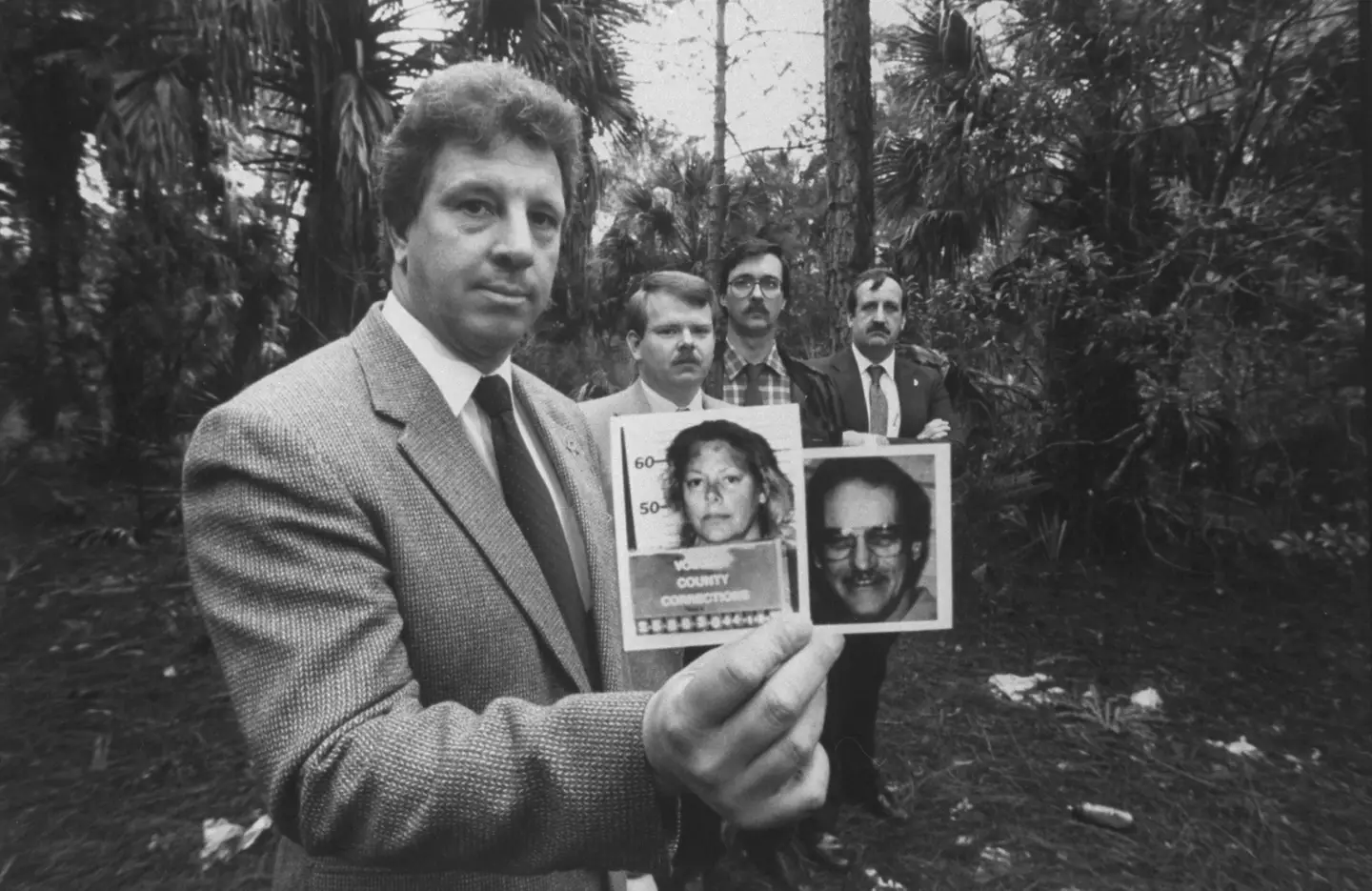
Using this forensic evidence, a witness report and, most vital, a taped confession recorded by Wournos' then-girlfriend Tyria Moore, she was apprehended. Hours after her arrest, she confessed to each of the seven murders, even turning down the police's suggestion of a lawyer.
"Well, like, what’s an attorney going to do?" she is seen asking police during her initial interview. "I know what I did. I’m confessing to what I did. Go ahead and put the electric chair to me."
Aileen's adoption
After prosecutors set a date for her trial, Arlene, a 'born-again Christian', felt compelled to reach out to Wuornos directly, convinced the killer's soul could still be saved.
Recalling the days after first reading about Wuornos' case in the newspaper, the mother-of-one explains in the doc: "Then, when I was out on the lawnmower like 10 days later, Jesus asked me to reach out to her."
Asked what the son of God reportedly told she, Arlene continues: "I want you to write her a letter and tell her about me. I want you to help her."
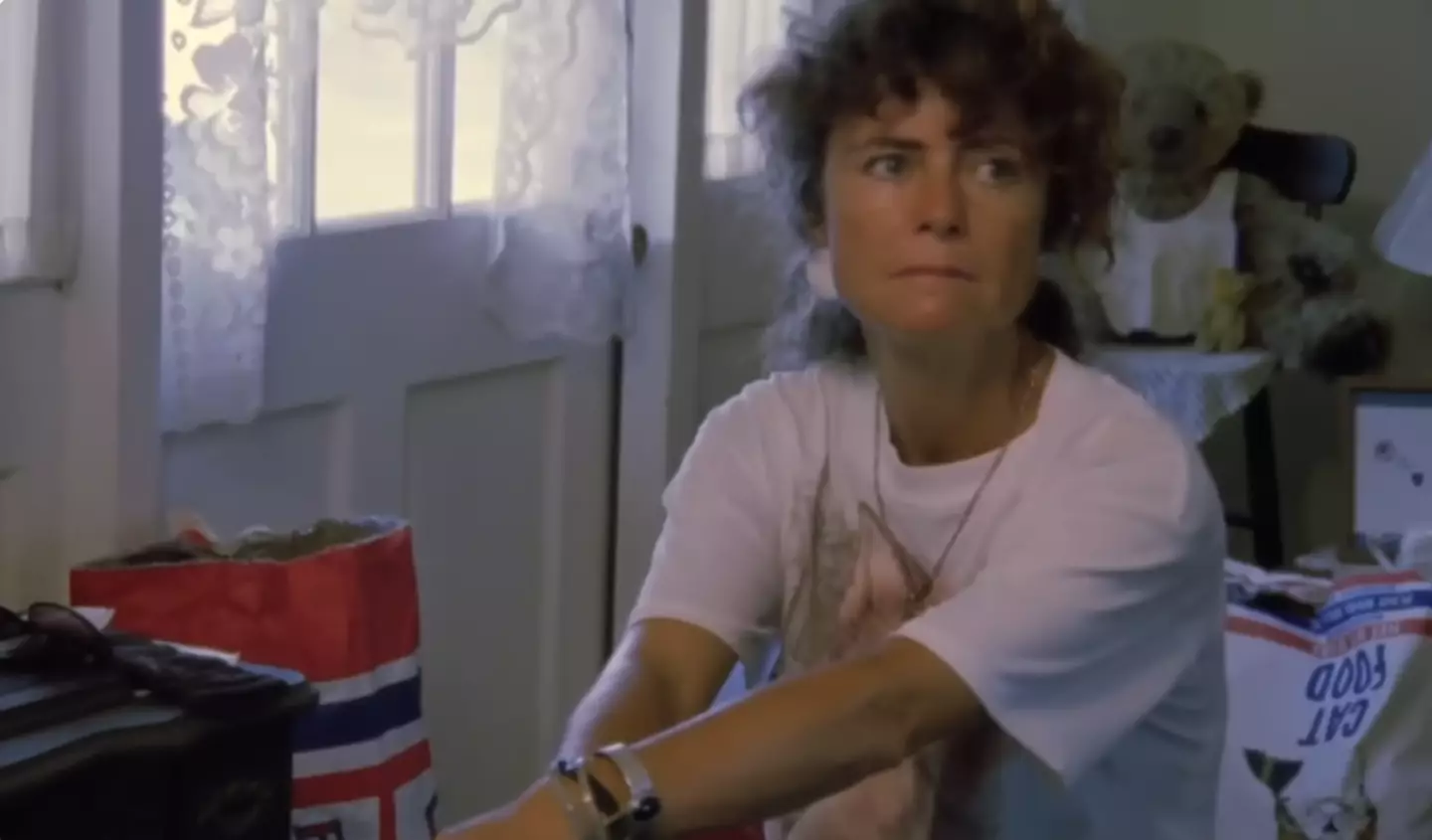
She adds: "I wanted to be a mom forever, it was awesome. I mean, just unbelievable."
A traumatic trial
Appearing in court for the first of the murders, of Richard Mallory, Wuornos claimed she'd acted in self-defence, insisting that Mallory had raped her, beat her, and threatened to take her life.
"I’m not a serial killer," she insisted. "I didn’t kill the men like the everyday profile of a serial killer, and I didn’t plan these murders, or anything like that."
Despite conversations being had at the time about Wuornos' mental instability, after the prosecution was allowed to introduce evidence related to her other crimes to show a pattern of illegal activity - a legal tactic not usually permissible in court - she was found guilty of all seven murders.
As such, she was sentenced to death, and remained at the Florida Department of Corrections Broward Correctional Institution until her execution in 2002.
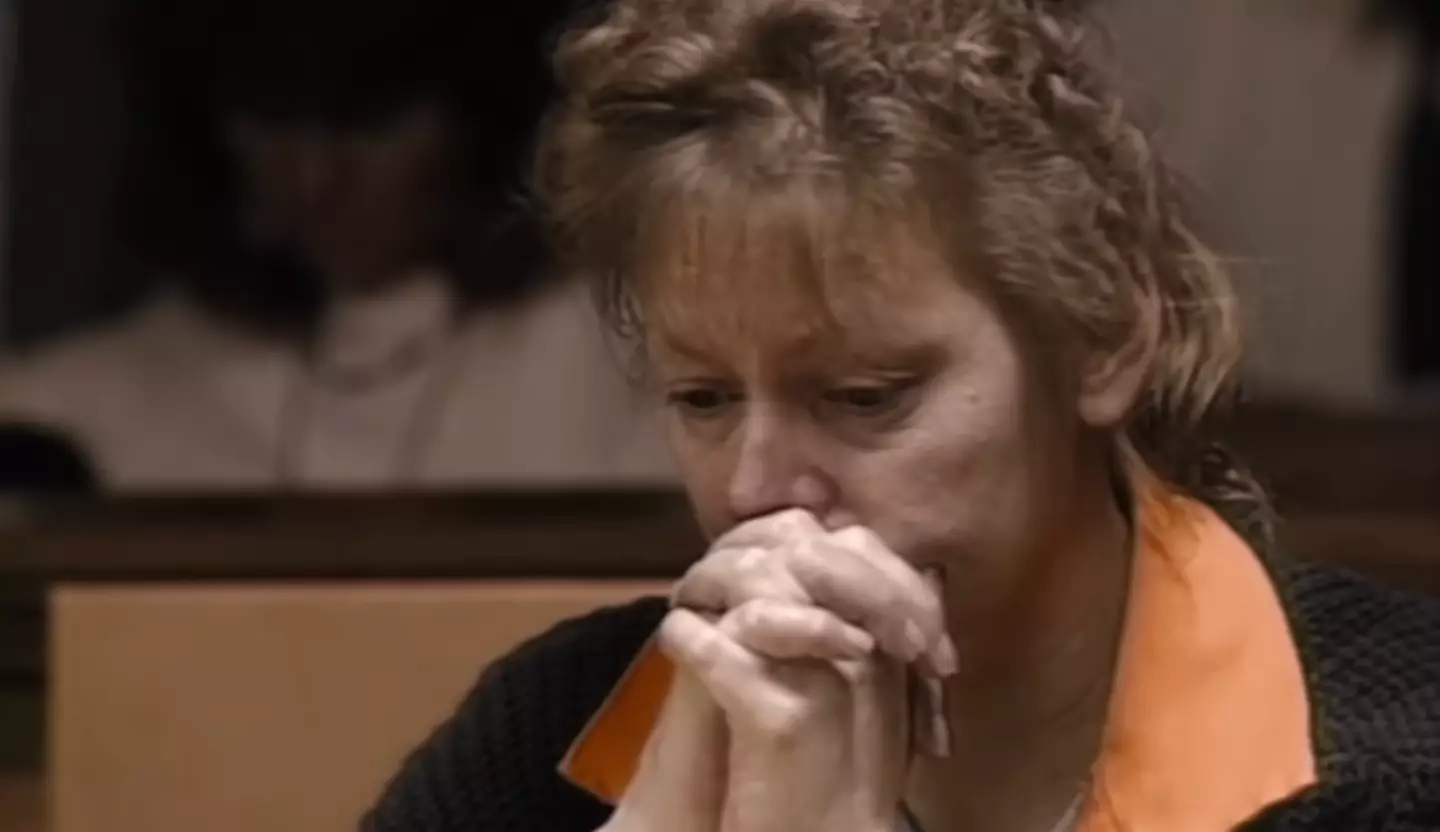
Her final confession
In the nine years she spent awaiting the electric chair, however, Wuornos had time to reflect on her crimes, and a year prior to execution, she 'came clean', to 'make it right with God'.
In archival footage included in the doc, Wuornos told broadcasters that, while the first two murders were committed in fear of her own safety, the latter five were spurred by something else entirely.
"My head is swimming in thought," she explains in a harrowing, often nonsensical interview. "I’m not going to go to prison for life for these creeps. I’m gonna get me a bunch of rapists.
"So, I was ready - ‘Tell me a rapist, and you’re dead'. Well, that didn’t happen. I was running into these idiots, drug-smugglers - I’m highly against drugs. When he kept telling me about drug-smuggling, I side-waysed him. That’s what happened."
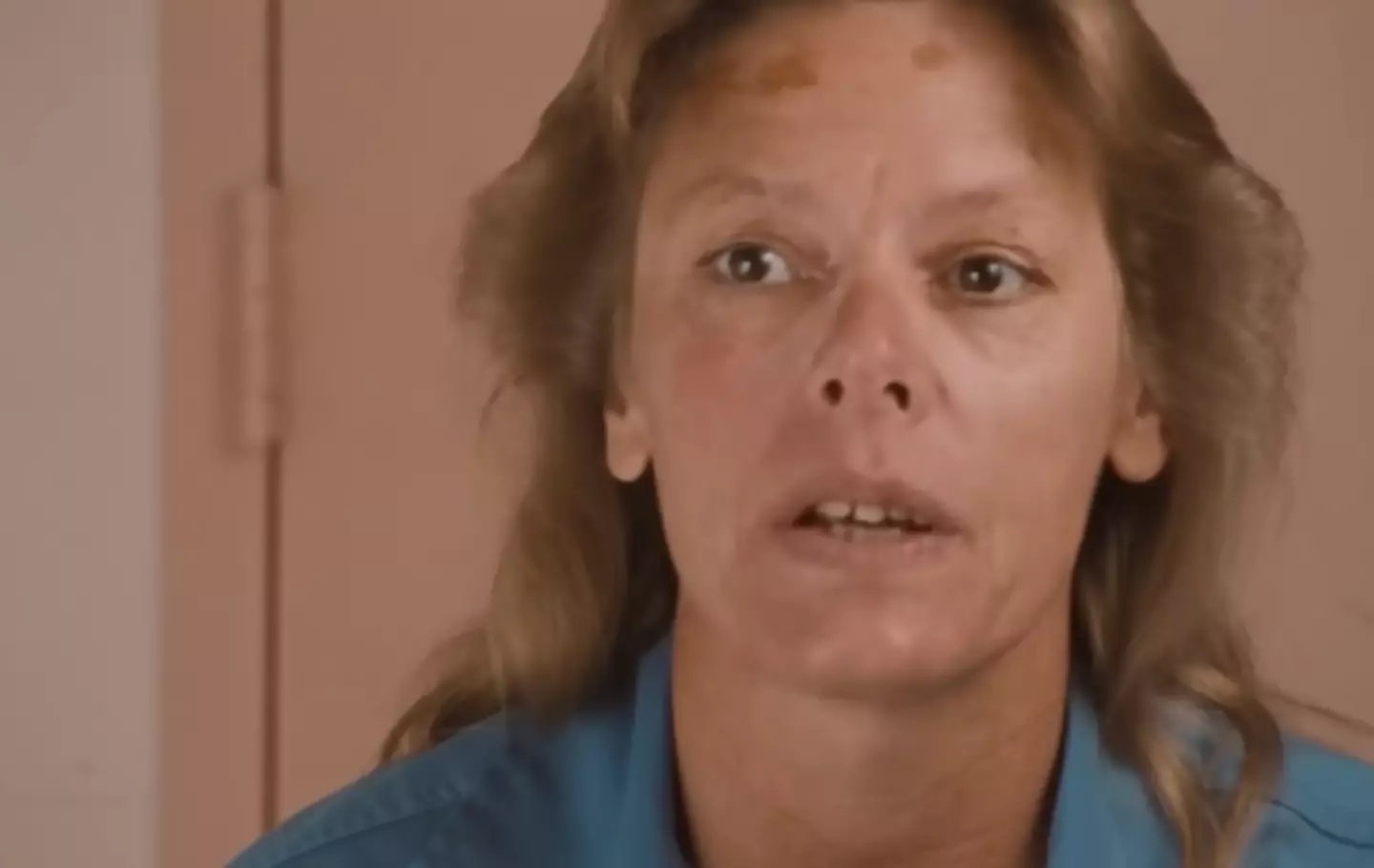
Wuornos continued: "I got first-degree, I don’t care about anything more now. It’s over.
"The real Aileen Wournos is not a serial killer, I was so drunk and so lost, so f****d up in the head, man, I turned into one, but my real self is not one. Now, I’ve told the truth. I want you all out there to know that telling the truth was the hardest thing."
She added: "I kept thinking for days, and I was fighting the demons in me that kept saying, 'Don’t tell the truth, you’ll go to hell with me’. And I said, 'No way, man, I’m going to the Lord, Jesus Christ, I’m going to tell the truth, the whole truth and nothing but the truth'."
Prior to her execution, she also issued a controversial statement of apology to the families of her victims.
"I’m really sorry that your father, brother or whoever he might have been for you in kinship or relationship, I’m really sorry they got killed," she cries in the documentary. "I was messed up in the head, and after the rapes, I lost it.
"I said, ‘You ain’t gonna take me to prison - if I spent the rest of my life in prison over these creeps, I’m gonna take a bunch of you creeps with me before I go’. And that’s what happened."
Topics: True Crime, Crime, US News, Real Life, True Life